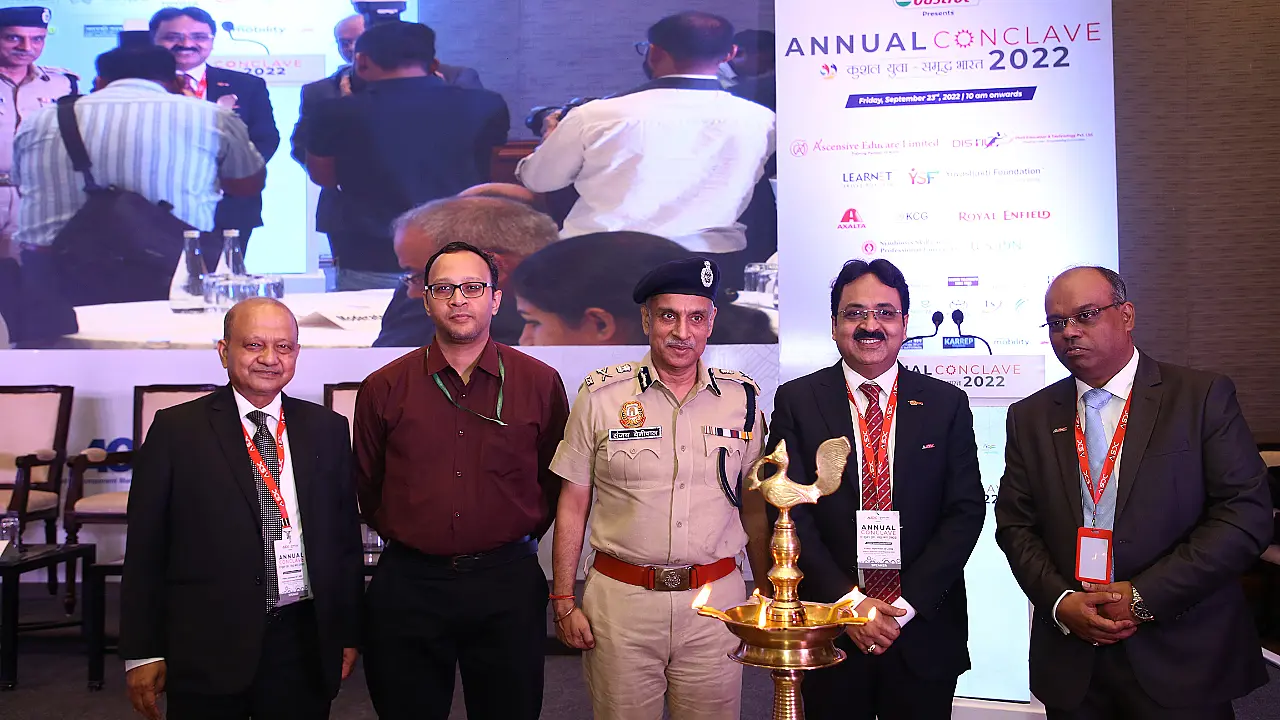
The Indian auto industry needs to work on manufacturing completely ‘Made In India’ products before moving on to new age connected technology features, said Vinkesh Gulati, Treasurer, ASDC (Automotive Skills Development Council), and Chairman, Research and Academy at FADA (Federation of Automobile Dealers Associations).
Arun Goel, Secretary, Ministry of Heavy Industries, had said at the recent SIAM convention that the industry had to focus on advanced technologies to make India a global automobile hub.
'I feel we are still in the nascent stage but working towards it,” Gulati told Mobility Outlook during the ASDC Annual Conclave. ASDC will strive to provide a workforce for automakers to move towards completely ‘Made In India’ products. Through its updated quality packs, it hopes to help the industry reduce its imports by 50% in the next three years. “I am confident that within three to four years, our industry will become net neutral and, whatever we import, we will be able to export as well,” he added
Challenges Ahead
According to him, with all the mobility disruptions happening now, the biggest challenge lies in re-skilling especially when industry is becoming more automated and there is a growing need to train technicians. ASDC's role extends beyond all this to foreseeing the future and preparing industry for it.
The advent of alternative fuel technologies has also prompted the council to to step on the gas in the skilling space. With the internal combustion engine (ICE), mechanics were trained to work on petrol, diesel or CNG. But now with hybrid vehicles, additional knowledge of electric motors and batteries is as important.
The number of parts in an EV are a lot lesser but there is greater complexity involved and this will only increase when hydrogen enters the arena. Accompanying this change will be connected technologies and all this will only reinforce the need for new skills, said Gulati.
ASDC plans to work on a host of initiatives to have qualified professionals — be it service personnel and technicians — ready to handle the change. These programmes will be curated to make the industry prepare for the new era of mobility.
ASDC has already trained over 30,000 personnel across the automotive ecosystem in FY22 by way of school/field level training, NAPS (National Apprenticeship Promotion Scheme) etc. Gulati said the target for FY23 is to skill over a lakh towards which ASDC is teaming up with training partners for course development.
It has also joined hands with OEMs to train the unorganised aftermarket servicing community. Recently Hero MotoCorp and ASDC launched a two-wheeler technician training course and the former has added two setups for the technician which will be up to 15 by end-FY23.
Castrol India, likewise, has partnered with ASDC for its biennial mechanic training programme, Super Mechanic Contest which aims to provide a holistic platform for car and bike mechanics to hone their skills, demonstrate their talent and earn national recognition.
The 2021-22 season of the programme saw over 140,000 mechanics participate through the contest’s interactive voice response round and a dedicated website. More than 24,000 mechanics attended the masterclasses.
ASDC has also tied up with Toyota Kirloskar Motor to launch the xEV Shiksha web application. An acronym for 'smart hub of information and knowledge about self-charging hybrid for all', Shiksha endeavours to educate and create awareness among customers and the public about EV technologies.